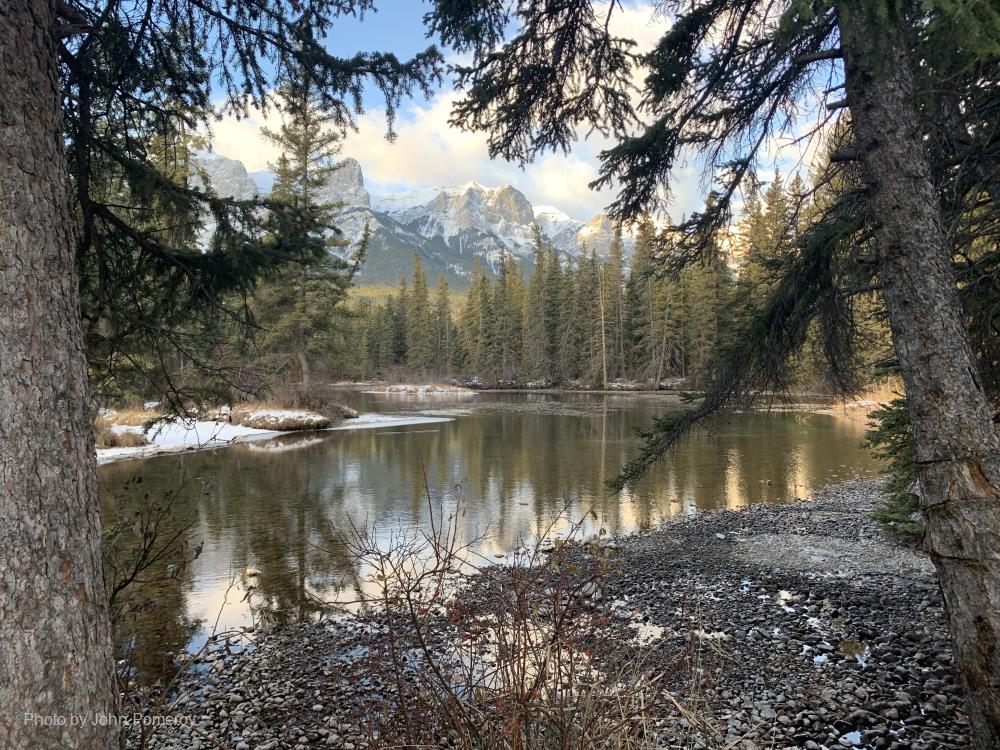
Related items loading ...
Section 1: Publication
Publication Type
Thesis
Authorship
Robbins, Alanna
Title
To be involved in a meaningful way: Mobilizing Indigenous Knowledge in Environmental Monitoring Practices in Northern Ontario
Year
2023
Publication Outlet
The Cryosphere, 14(6): 1919-1935
DOI
ISBN
ISSN
ISSN 0048-9697
Citation
Robbins, Alanna (2023). To be involved in a meaningful way: Mobilizing Indigenous Knowledge in Environmental Monitoring Practices in Northern Ontario
https://scholars.wlu.ca/etd/2525
Abstract
A steady shift in the environmental management literature encourages greater inclusion of traditional knowledge (TK) alongside Western science, much of it seeking to directly support Indigenous communities develop their own frameworks for environmental monitoring and stewardship. To date, little attention has been placed on research practices themselves as sites where interdisciplinary and intercultural work takes place to bridge between different knowledge systems and develop best practices for effective collaboration. Matawa Water Futures (MWF), the object of study for this thesis project, is a three-year water stewardship project involving Indigenous and non-Indigenous researchers, environmental managers, and community interns, working with the nine member communities of Matawa First Nations in northern Ontario to establish a framework for water monitoring and stewardship based in Indigenous TK. Using ethnographic methods, this research addresses the shifts in ways of thinking necessary to bridge knowledge systems for environmental monitoring, the discursive practices mobilized around TK in relation to science, and the practical implications of these shifts in perception and discourse for efforts to establish Indigenous-informed approaches to environmental management. This research argues that the MWF project reflects a shift away from a hierarchical dynamic of power/knowledge towards a more horizontal space of interaction between Indigenous and Western knowledge, and to also assert Indigenous governance in relation to the environment.
Plain Language Summary
Highlights
• A novel wastewater-based risk index simplified understanding of viral load
• Significant correlation relationship between wastewater RNA loads and clinical data
• Thresholds derived from daily per capita viral loads and clinic Rt estimates
• Wastewater-based risk index valuable for decision-making of COVID-19 risk
Section 2: Additional Information
Program Affiliations
Project Affiliations
Submitters
Publication Stage
N/A
Theme
Water Quality and Aquatic Ecosystems
Presentation Format
10-minute oral presentation
Additional Information
Masters, Wilfrid Laurier University, Mountain Water Futures


 GWFNet
GWFNet Master
Master Data
Data Research
Research Map
Map
 Advanced
Advanced Tools
Tools
 . . .
. . .
 Metadata Editor
Metadata Editor
 Record List
Record List
 Alias List Editor
Alias List Editor
 Legacy sites
Legacy sites